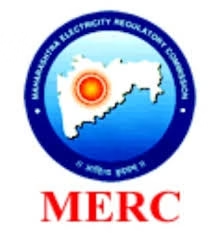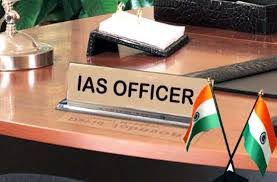White paper by MERC on parallel licensing and network duplication demanded – Ashwani Chitnis
Kanwar Inder Singh/ royalpatiala.in News/ August 4,2025
A comprehensive white paper has been demanded examining the pros and cons of parallel licensing and network duplication including a review of the parallel license regime in Mumbai has been demanded from Maharashtra Electricity Regulatory Commission (MERC) to assess its benefits to consumers before considering applications for parallel distribution licenses from Adani , Torrent and Tata by Ashwani Chitnis.
In her comments on the proposal of parallel licensing she claims that open access is a more effective alternative as it allows consumers to get reliable power at competitive rates without the need for duplicating physical infrastructure. The proposed network duplication in the applications will not translate into choice of an alternative supplier for all consumers.
In several areas of Maharashtra multiple companies have applied for parallel licenses, which would result in a proliferation of duplicate networks. MERC has not yet notified a competitive framework for the development of distribution networks, despite its own regulations stating that one will guide such cases. The document also cites an APTEL order from 2014 which noted the difficulties of laying down networks in congested areas and directed against unnecessary duplication in Mumbai.
The combined proposed capital expenditure from Adani, Torrent and Tata is over Rs. 24,084 crore, which would be spent on areas already served by the incumbent, Maharashtra State Electricity Distribution Co. Ltd. (MSEDCL). The document argues that a uniform wheeling charge could socialize the cost of this new, potentially under-utilized, network to all consumers, not just those who benefit from the new licensees. This would be unfair to the majority of MSEDCL consumers who are not expected to switch to the new licensees but would have to pay for the network costs.

Under a cost-plus regulatory model, distribution companies are incentivized to expand their capital base. Introducing multiple DISCOMs in the same area under this model would make it significantly more difficult for the Commission to monitor expenditure and prevent unchecked network duplication and an unjustified increase in consumer tariffs.
The applicants’ proposed capital expenditure will not meet 100% of demand within the first five years, meaning many consumers will not have an alternative supplier for a long time. Further the applicants’ intention to serve “future growth load” is inconsistent with the universal supply obligation under the Electricity Act, which requires licensees to serve all consumers on demand.
V K Gupta informed that Maharashtra power employees and Subordinate Engineers Association (SEA) have strongly objected to the proposal of the grant of power distribution licence to Adani and Torrent in different cities of state.













